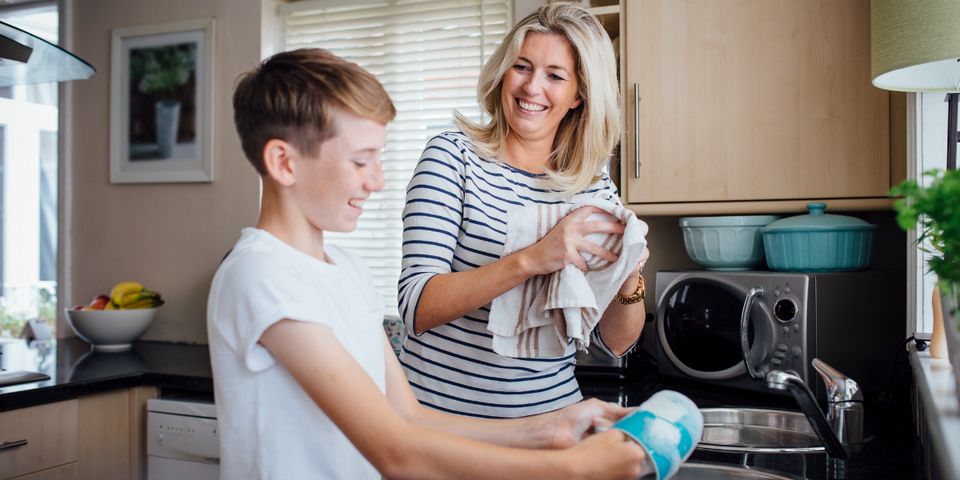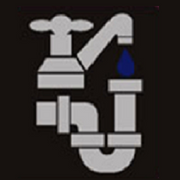
Your home's intake pipes deliver fresh water through faucets and fixtures, while sewage lines divert wastewater away from your residence. However, when temperatures drop below 32 degrees Fahrenheit, water in these pipes may freeze and expand, causing the tubes to crack or burst. Fortunately, there are several steps you can take to prevent service interruptions, water damage, and the need for plumbing repairs. Below, learn more about how to protect your pipes during winter.
4 Ways to Keep Pipes From Freezing
1. Let Cold Water Drip
When water becomes stagnant, it may freeze and put pressure on pipes, leading to cracking or bursting. Allowing the cold water to drip from household faucets can generate heat from friction as moisture continuously moves through the lines. This often produces enough warmth to prevent the pipes from freezing when outdoor temperatures plummet.
2. Maintain Thermostat Temperatures

Some homeowners will turn the thermostat down before leaving on vacation or for the holidays. However, the colder household temperatures can make it more likely for your pipes to freeze in your absence. Instead, when you leave home for the day or go on vacation, it's recommended to keep your furnace running at a temperature of at least 55 to 60 degrees. This will typically keep pipes located within the walls or beneath any sinks from getting too cold.
3. Open Cabinets
The internal temperature of pipes in kitchen and bathroom cabinets may drop if warm air from your HVAC system does not circulate around them. You can keep them warm and prevent them from freezing by opening these cabinets on days when outdoor temperatures drop below 32 degrees. Leave the doors open an inch or two so that warm air can easily reach them. Before opening your cabinets, however, be sure to remove any dangerous chemicals or products to prevent pets and children from accessing them while the doors are open.
4. Add Insulation
Some household pipes can be found outside your home where they are frequently exposed to cold winter conditions. Wrapping these exposed pipes along the exterior of your home can provide extra insulation and a protective barrier against freezing temperatures, ice, and snow. You can cover them with mineral wool or flexible foam wrappings, or you might fit polyethylene tubes around them to keep them warm and avoid the need for extensive plumbing repairs.
If winter conditions ever damage your pipes, contact Joe Klosterman Plumbing. They provide reliable plumbing repairs along with maintenance and new installations for clients throughout the Cincinnati Tri-State area. Call (513) 941-6766 to book an appointment with these plumbers, and visit the website to learn more about how they can keep your residential plumbing system functioning smoothly.
About the Business
Have a question? Ask the experts!
Send your question

